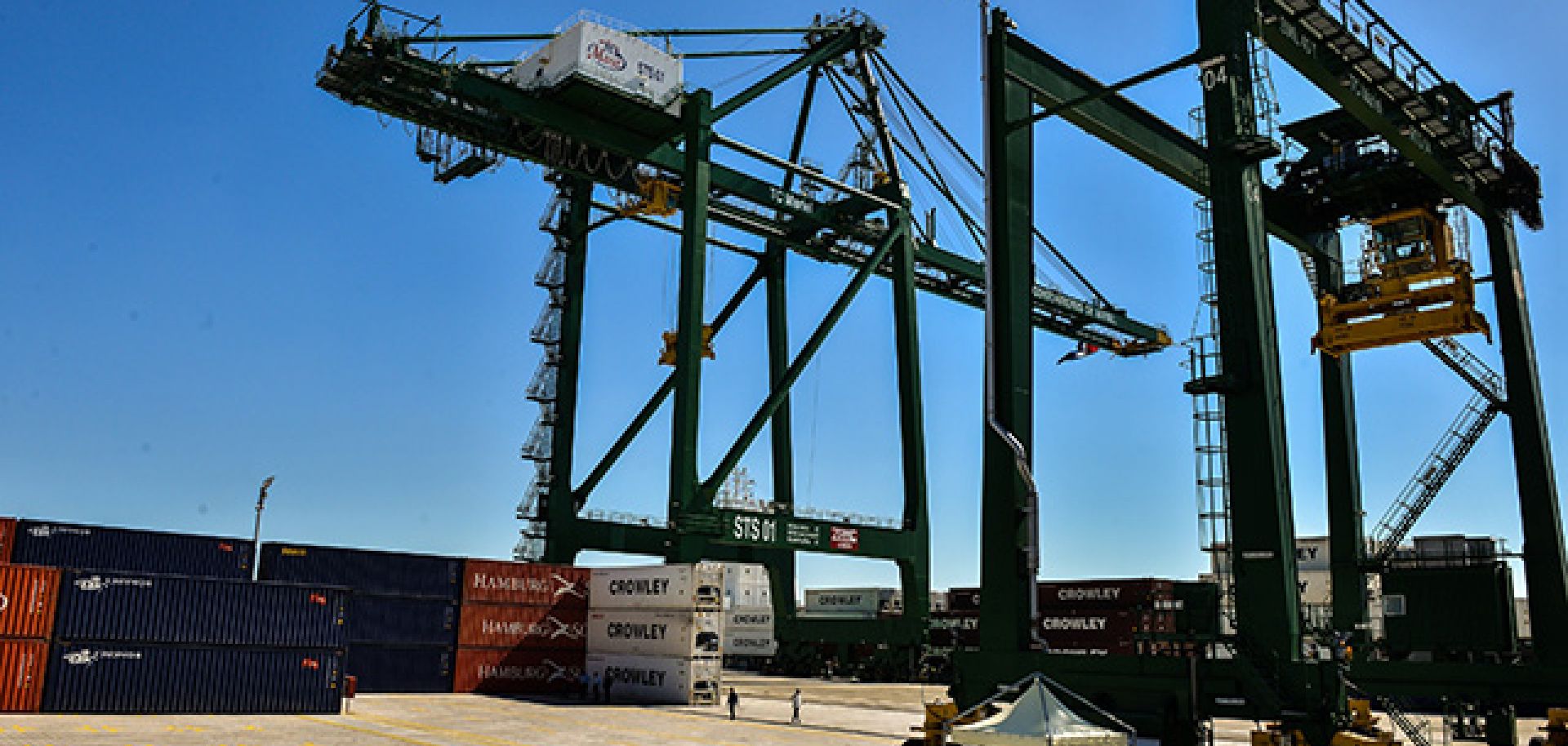ASSESSMENTS
Reforms and Brazil Drive Cuban Potential
Dec 18, 2014 | 13:42 GMT

(ADALBERTO ROQUE/AFP/Getty Images)
Summary
Editor's Note: In light of moves made Dec. 17 toward normalizing relations between the United States and Cuba — the most significant shift to occur in several decades — Stratfor is republishing this analysis on Cuban economic reforms from April 18, 2014. The development of Cuba's Mariel port is increasingly relevant, especially as a competitor for the Port of Miami. This analysis sums up the significance of the port and emphasizes that, for reforms and economic expansion to make real progress, the current embargo will need to be lifted — something Stratfor has been expecting.
Cuba is making meaningful progress toward reforming its economy. Recent changes center on the port of Mariel and the nearby industrial zone Cuba is building. The Cuban government hopes that the area will become a major container port and a destination for high-tech investment. On April 16, the government released the details of a new investment law approved by the Cuban parliament March 29. The law sets the stage for a much more favorable investment climate for foreign companies, at least in theory. Historically, Brazilian companies have had the most success in forming partnerships with Cuba. The island nation's ability to take that experience and apply it to a broader set of investors will depend on its political will. But the availability of Venezuelan oil supplies that Cuba depends on is in question, and economic improvements are increasingly urgent.
Subscribe Now
SubscribeAlready have an account?
